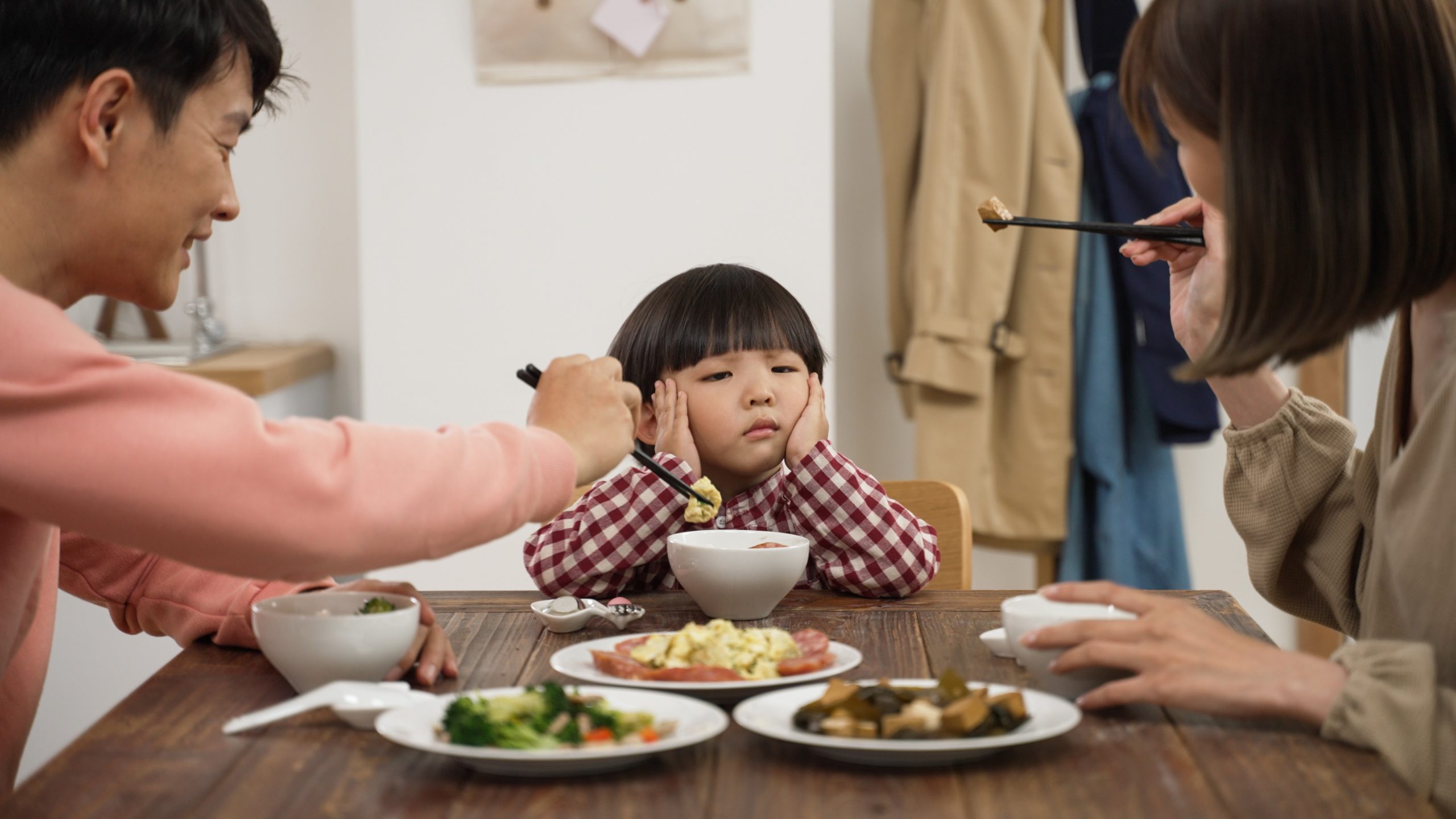Neophobia is….
Neophobia is a term used to describe the fear or reluctance to try new foods. It is a common issue among picky eaters, also known as fussy eaters, and can cause frustration for parents and caregivers. Understanding neophobia and how to address it is essential for promoting healthy eating habits in children.
This article will provide an overview of neophobia and its impact on picky eaters.
Neophobia and Children
Neophobia can significantly affect children’s eating habits, leading to limited diets and poor nutrition. Children who experience neophobia may refuse to try new foods, show reluctance to eat unfamiliar dishes or exhibit aversions to specific textures or tastes. This fear of new foods can frustrate parents, leading to mealtime battles and power struggles.
The development of neophobia in children is a natural process, and it typically begins around the age of 2 and peaks around the age of 5. Children become more aware of their surroundings and develop their preferences during this time, and they may also become more cautious and selective about the foods they eat.
Understanding the ages at which children are most affected by neophobia is crucial for parents and caregivers. By recognizing when neophobia typically occurs and understanding its impact on eating habits, parents can promote healthy eating habits and introduce new foods to their children in a positive and supportive way.
Causes of Neophobia
Here are some of the primary factors that can contribute to neophobia:
· Biological Factors
Studies have shown that genetics may play a role in developing neophobia. Children with a family history of picky eating or food neophobia may be more likely to develop these behaviors. Additionally, research has shown that some children are more sensitive to tastes and textures, which can make new foods feel overwhelming or unappealing.
-
Psychological Factors:
Children who experience anxiety or have a history of trauma may be more likely to exhibit neophobic behaviors. For example, children who have had negative experiences with food, such as choking or vomiting, maybe more reluctant to try new foods in the future.
Effects of Neophobia
Neophobia can significantly impact a child’s health and socialization. Here are some of the primary effects of neophobia in this regard:
1. Nutritional Deficiencies
Children who show neophobic behaviors may be at risk for nutritional deficiencies. Suppose a child only eats a handful of food. In that case, they may not be getting enough of certain nutrients, such as iron, calcium, or vitamin D. Over time, this can lead to health problems, including anemia, poor bone health, or developmental delays.
2. Impact on Social Situations
Children who experience neophobia may feel anxious or uncomfortable in social situations that involve food. For example, they may feel anxious about eating at a friend’s house or trying new foods at a party, leading to social isolation or feelings of shame or embarrassment. Additionally, if neophobia persists into adulthood, it can limit career and travel opportunities and hinder social relationships involving food.
Overcoming Neophobia
Neophobia can be a challenging issue to address, but a variety of strategies can effectively promote healthy eating habits in children. Here are some of the key strategies for overcoming neophobia:
· Gradual Exposure to New Foods
One effective strategy for addressing neophobia is gradually exposing children to new foods in a safe and supportive environment. This can involve introducing new foods slowly, one at a time, and incorporating them into familiar meals.
· Positive Reinforcement
Praising and rewarding can be powerful motivators for children to try new foods. If the practice is continued, then over time, children may associate trying new foods with positive experiences and may be more willing to try new foods in the future.
· Involving Children in Meal Preparation
Giving children a role in meal preparation can effectively encourage healthy eating habits and build confidence around new foods. This can give children a sense of ownership and pride in their meals and make them more willing to try new foods.
· Role of Parents and Caregivers
Finally, parents and caregivers must model healthy eating habits and create a positive and supportive environment around food. This can involve offering a variety of healthy foods, avoiding power struggles around mealtime, and being patient and supportive as children learn to expand their food preferences.
Coping with Neophobia in Children
It is important for the parents to understand that neophobia is a common and normal part of child development. Many children experience reluctance to try new foods to some extent, which is commonly a temporary phase. It can be overcome with time and patience. Additionally, children may need to be exposed to a new food many times before they feel comfortable trying it, and parents should avoid pressuring children or turning mealtime into a battleground.
Conclusion
In conclusion, neophobia can be challenging for parents, as it can impact children’s health and socialization. However, several strategies, as discussed above, can be used to help children overcome their fear of new foods and develop healthy eating habits.




The next time I read a blog, Hopefully it does not disappoint me just as much as this one. After all, I know it was my choice to read through, however I actually believed youd have something helpful to talk about. All I hear is a bunch of moaning about something you can fix if you werent too busy searching for attention.
דירות דיסקרטיות בהרצליה Juliann Kraebel
Nice post. I learn something totally new and challenging on blogs I stumbleupon everyday. Its always exciting to read through content from other writers and use a little something from their websites.
Greetings! Very useful advice within this article! It is
the little changes that make the largest changes.
Thanks for sharing!
It is really a nice and helpful piece of information. I’m
satisfied that you just shared this useful info with us. Please keep us
up to date like this. Thanks for sharing.